Author(s)
Alexandre Skirda (editor)
Contents
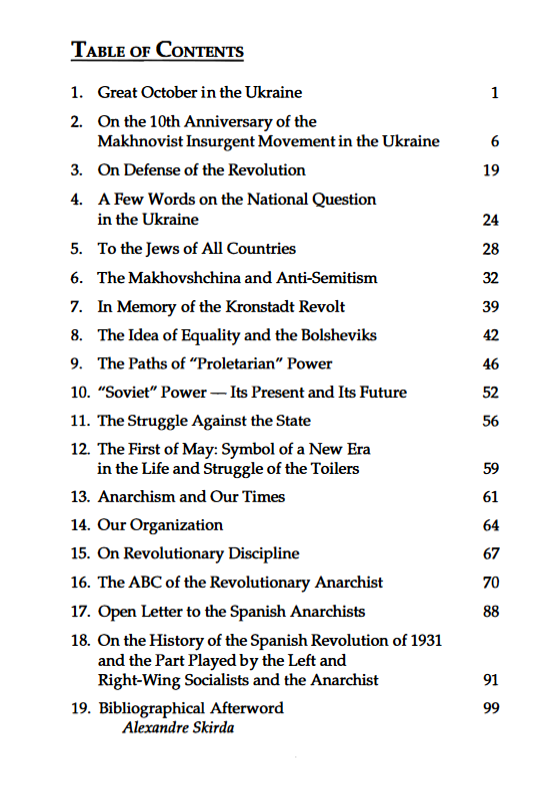
“The fact that the modern State is the organizational form of an authority founded upon arbitrariness and violence in the social life of toilers is independent of whether it may be ‘bourgeois’ or ‘proletarian’.
It relies upon oppressive centralism, arising out of the direct violence of a minority deployed against the majority. In order to enforce and impose the legality of its system, the State resorts not only to the gun and money, but also to potent weapons of psychological pressure. With the aide of such weapons, a tiny group of politicians enforces psychological repression of an entire society, and, in particular, of the toiling masses, conditioning them in such a way as to divert their attention from the slavery instituted by the State.
[…] The final and utter liquidation of the State can only come to pass when the struggle of the toilers is oriented along the most libertarian lines possible, when the toilers will themselves determine the structures of their social action. These structures should assume the form of organs of social and economic self-direction, the form of free ‘antiauthoritarian’ soviets.The revolutionary workers and their vanguard – the anarchists – must analyze the nature and structure of these soviets and specify their revolutionary functions in advance. It is upon that, chiefly, that the positive evolution and development of anarchist ideas in the ranks of those who will accomplish the liquidation of the State on their own account in order to build a free society, will be dependent.”
Nestor Makhno
Leave a comment below with a valid email adress (it will not be published) to request this book.
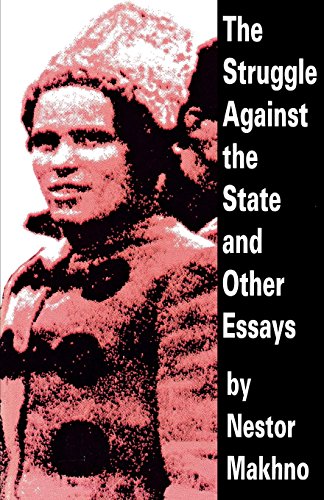
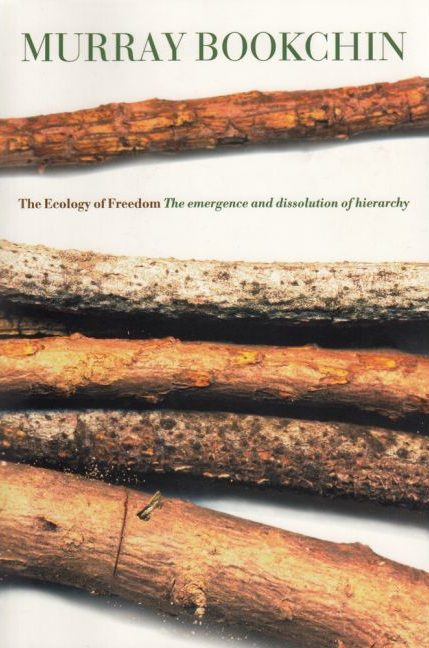
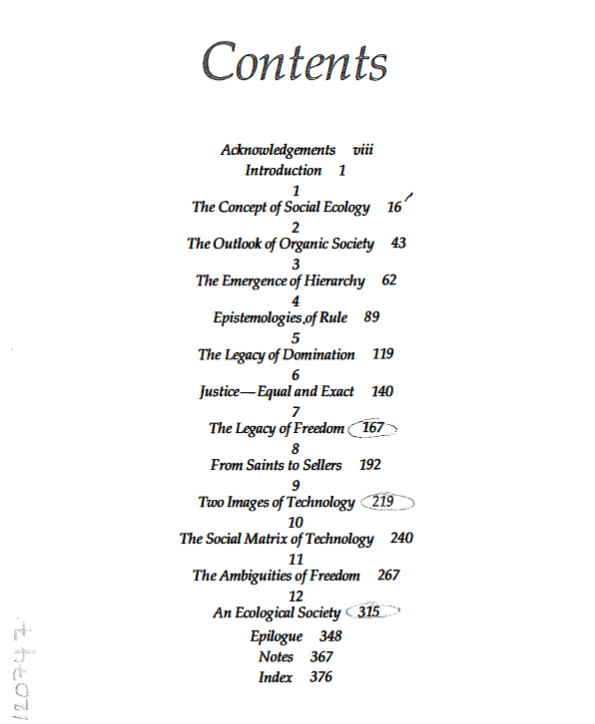
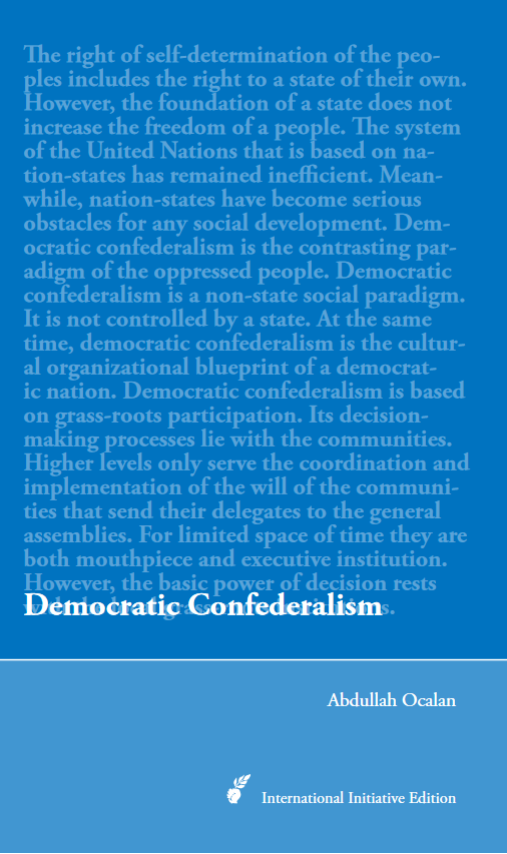
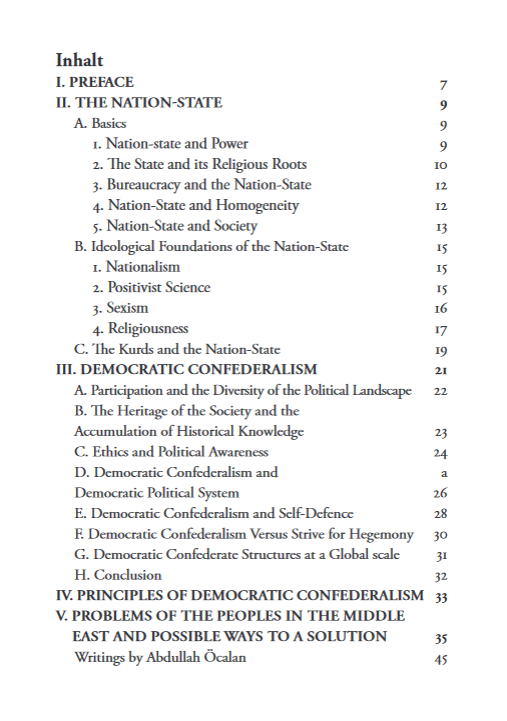
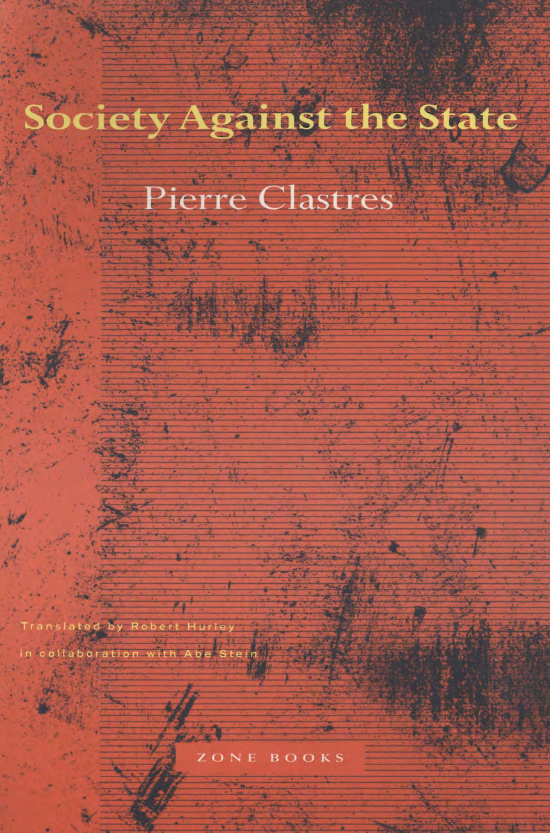
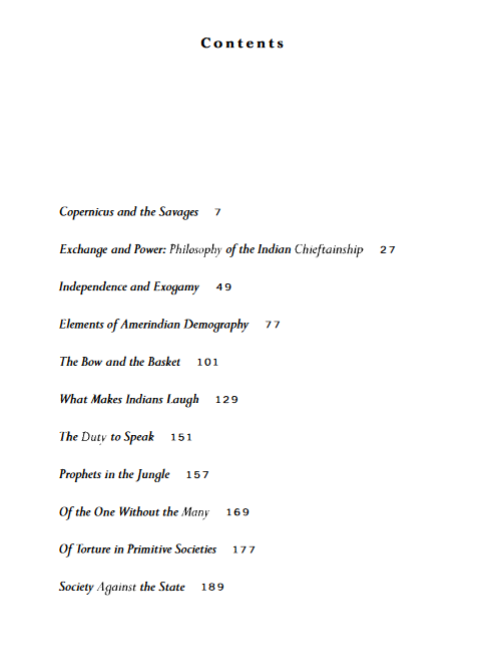
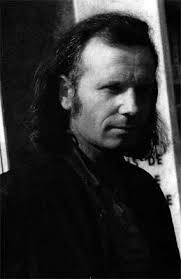
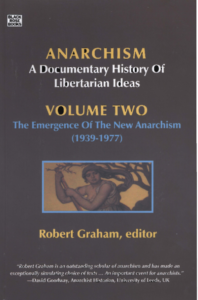 Anarchism - A Documentary History of Libertarian Ideas, Volume 2 (2009)
Anarchism - A Documentary History of Libertarian Ideas, Volume 2 (2009) 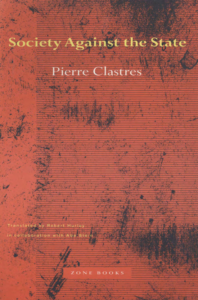 Society against the State (1974)
Society against the State (1974) 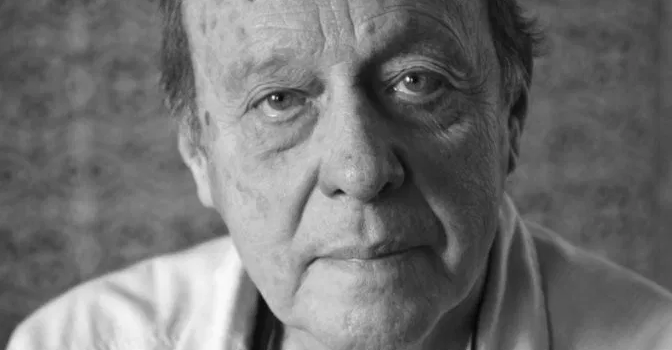
 Scott, James C.
Scott, James C. 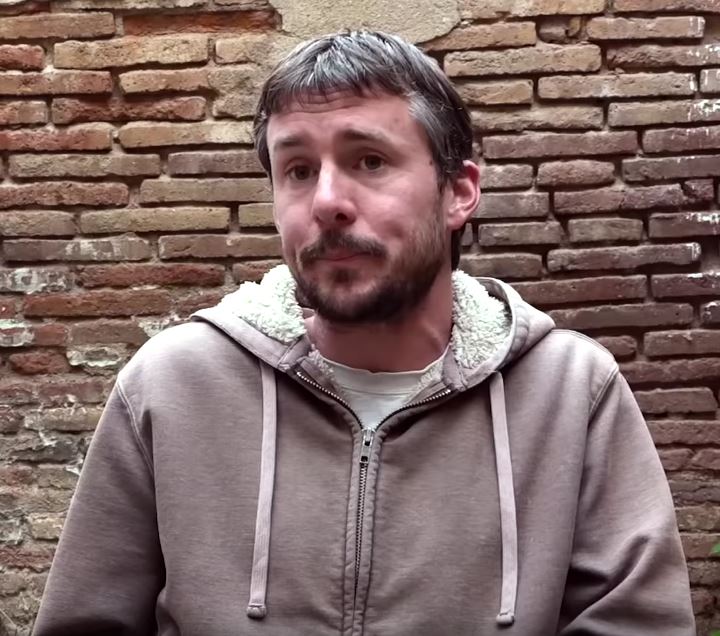
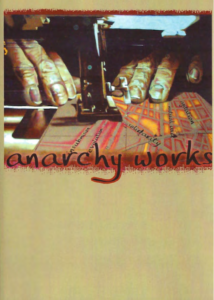 Anarchy Works (2010)
Anarchy Works (2010) 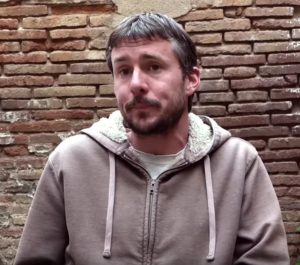 Gelderloos, Peter
Gelderloos, Peter 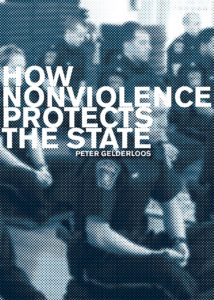 How Non-violence Protects the State (2007)
How Non-violence Protects the State (2007) 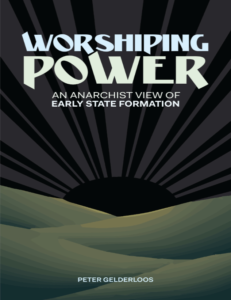 Worshiping Power - An Anarchist view of Early State Formation (2017)
Worshiping Power - An Anarchist view of Early State Formation (2017)